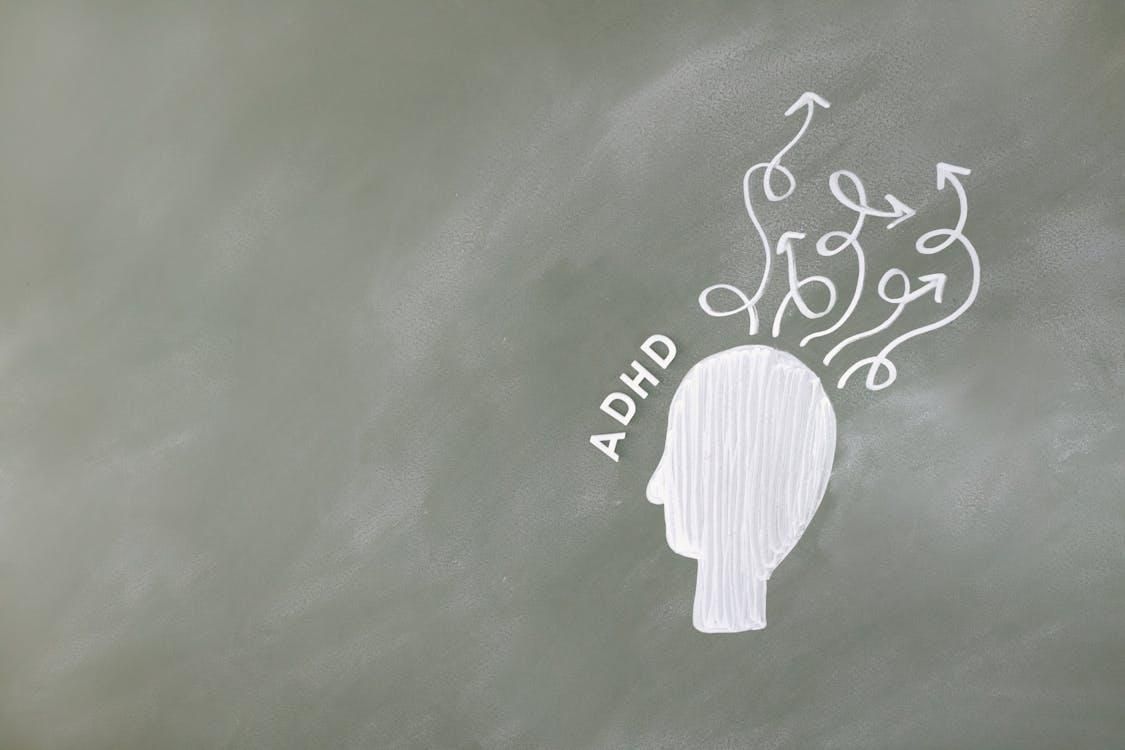Mental Health And Nutrition: How Diet Can Impact Your Mental Well-Being
When it comes to maintaining good mental health, our focus often turns to therapy, medication, and self-care practices. However, one crucial aspect that is frequently overlooked is our diet. The food we consume plays a significant role in our overall well-being, including our mental health. Recent research has highlighted a strong connection between nutrition and mental well-being, emphasizing the importance of a balanced diet for optimal psychological functioning. Here’s all you need to know about the relationship between mental health and nutrition:
The Gut-Brain Axis: A Complex Connection
The gut and the brain are intimately intertwined through a complex communication network known as the gut-brain axis. This bidirectional system allows the gut and brain to influence each other's functioning. Within the gut resides a vast community of bacteria, forming what is known as the gut microbiome. Studies have revealed that these gut bacteria play a crucial role in producing neurotransmitters, including serotonin, often referred to as the "feel-good" hormone. Serotonin plays a vital role in regulating mood, sleep, and appetite, and an imbalance in its levels can contribute to mental health disorders.
Nutrients that Nourish the Mind
Certain nutrients have been found to exert a significant impact on mental health. For example, omega-3 fatty acids, abundant in fatty fish, walnuts, and flaxseeds, have been associated with a reduced risk of depression and anxiety. These healthy fats support brain health and help regulate neurotransmitter function. Similarly, B vitamins, found in whole grains, leafy greens, and legumes, are essential for neurotransmitter synthesis and can have a positive influence on mood.
The Impact of Nutritional Deficiencies
Nutritional deficiencies can also contribute to mental health issues. For instance, insufficient levels of vitamin D have been associated with an increased risk of depression. Vitamin D is crucial for brain health and is synthesized by the body through exposure to sunlight. However, many individuals may have inadequate levels, particularly those living in regions with limited sunlight or those who spend most of their time indoors. Similarly, deficiencies in iron, magnesium, and zinc have been linked to symptoms of depression and anxiety.

Find out more about mental health and nutrition
By making mindful choices about the foods we consume, we can nurture our mental health and pave the way for a happier and healthier life. If you’re struggling with your mental health, it’s important to take a look at your diet as well as get professional help. Oasis Of Hope is a mental health clinic in MD that can help you out! We provide depression treatment, anxiety treatment, and behavioral health care services.
Contact us to book an appointment today!











